| IN A NUTSHELL |
|
In recent developments, tensions have escalated between the United States and Venezuela due to a series of provocative military maneuvers. For the second time in as many days, Venezuelan military aircraft have flown near the USS Jason Dunham, a U.S. Navy guided-missile destroyer, in international waters. These actions have been described by U.S. Defense Department officials as a “game of chicken,” highlighting the growing strain between the two nations. The U.S. has been ramping up its military presence in the region, aiming to counteract criminal organizations and narco-terrorism, a move that Venezuela perceives as provocative. This article delves into the intricate dynamics of these military encounters and their broader implications.
Venezuelan Military Maneuvers: A Calculated Risk?
In recent days, Venezuelan military activity near U.S. naval assets has raised eyebrows and tensions alike. On consecutive days, Venezuelan F-16 fighter jets flew dangerously close to the USS Jason Dunham, situated in international waters near South America. While it remains uncertain if these jets were armed, their proximity to the Dunham was within the weapon range for both the aircraft and the destroyer. Despite this, the Dunham did not engage, reflecting a strategic restraint by the U.S. Navy.
The Pentagon characterized these maneuvers as “highly provocative,” suggesting they were intended to disrupt U.S. counter-narcotics operations. The presence of the USS Jason Dunham is part of a broader U.S. strategy to target criminal enterprises and narco-terrorism in the region. This military posturing by Venezuela seems to be a reactive measure against the heightened U.S. military presence, which some analysts interpret as a display of defiance rather than a prelude to conflict.
U.S. Military Response and Strategic Deployment
In response to the Venezuelan maneuvers, the U.S. has bolstered its military capabilities in the Caribbean. The Trump administration announced the deployment of 10 F-35 fighter jets to the region, highlighting the seriousness with which it views the situation. This move is part of a broader military strategy to clamp down on drug cartels and organizations designated as foreign terrorist groups, such as Venezuela’s Tren de Aragua gang.
President Trump, addressing the situation, hinted at possible consequences if Venezuela continues its provocative actions. He indicated that operational discretion resides with military commanders, suggesting a flexible yet assertive approach. The deployment of advanced military assets underscores the U.S.’s commitment to maintaining regional stability and counteracting threats posed by drug trafficking networks.
Implications of the U.S. Strike on a Venezuelan Drug Boat
Further complicating the geopolitical landscape was a recent U.S. military strike on a Venezuelan drug-trafficking vessel. The operation resulted in the death of 11 individuals linked to the Tren de Aragua gang. This gang, along with others, has been labeled as a terrorist organization by the U.S. government. The strike represents a significant escalation in the U.S.’s efforts to dismantle drug networks operating out of Venezuela.
The implications of this strike are profound, raising questions about the potential for increased conflict in the region. While the U.S. views such actions as necessary steps in combating narco-terrorism, Venezuela perceives them as violations of its sovereignty. The growing friction between the two countries underscores the complexity of balancing effective counter-narcotics operations with diplomatic relations.
Future Prospects and Regional Stability
The ongoing military encounters between the U.S. and Venezuela highlight a precarious balance of power in the region. The U.S.’s strategic deployments and operations are aimed at curbing illegal drug activities, yet they risk exacerbating tensions with Venezuela. As both nations continue to flex their military capabilities, the potential for miscalculation looms large.
Regional stability depends on careful navigation of these tensions. Diplomatic channels and multilateral engagements may offer pathways to de-escalate the situation. However, the current trajectory suggests that both countries are prepared to stand their ground, at least in the short term. The international community watches closely, concerned about the broader implications for peace and security in the region.
The complex interplay of military maneuvers and strategic deployments between the U.S. and Venezuela raises critical questions about the future of regional security. As both nations continue to assert their interests, the potential for conflict remains a pressing concern. How will the international community respond to ensure stability and prevent an escalation of hostilities in this volatile region?
Did you like it? 4.4/5 (27)
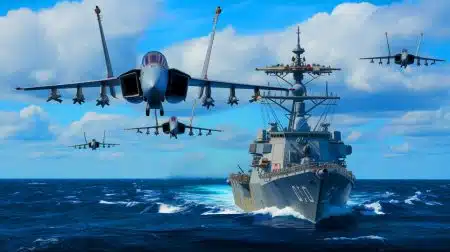

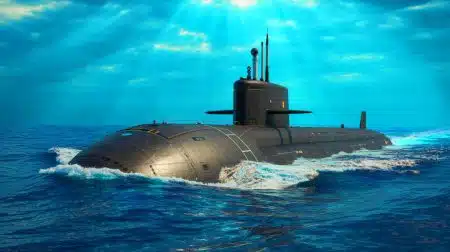

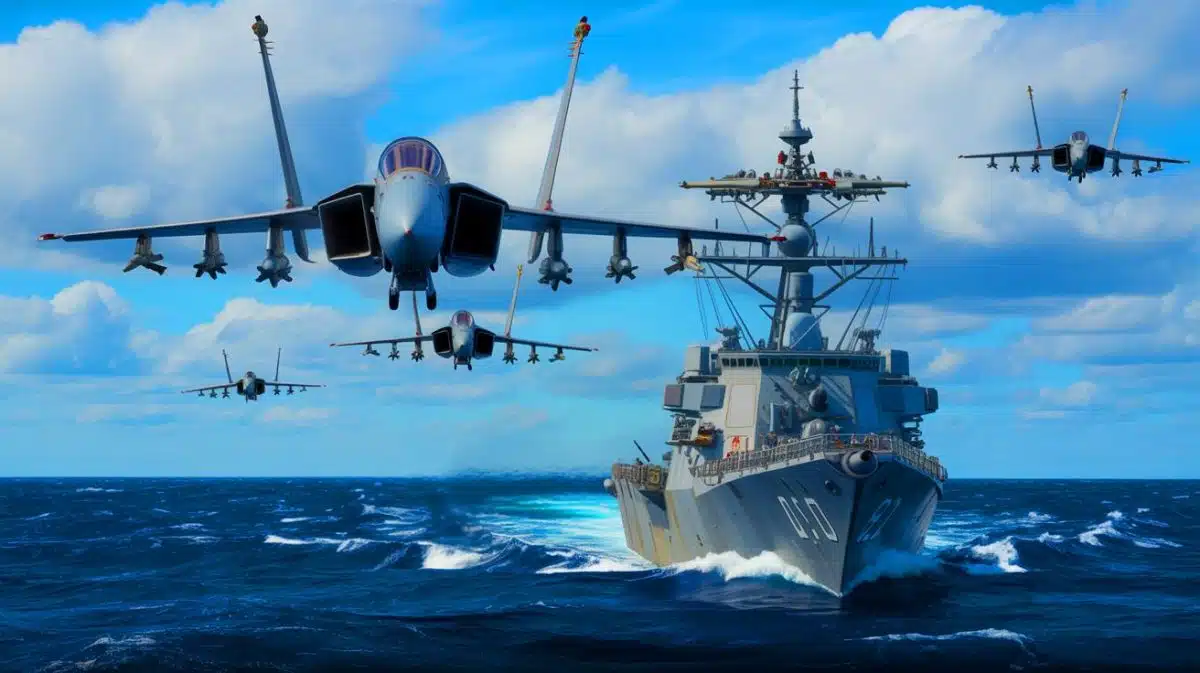
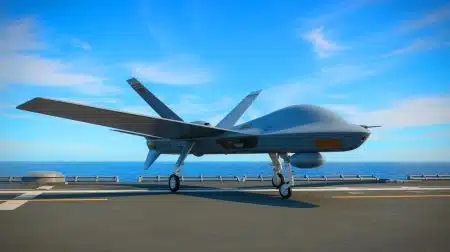

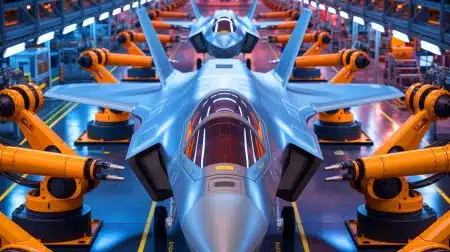
Wow, this sounds like it’s straight out of a movie! 🎬
Wow, this is getting intense! Are we on the brink of a bigger conflict? 🤔
Does anyone else think this is a dangerous game of chicken? What if something goes wrong? 🤔
Why would Venezuela provoke the U.S. Navy like that? Seems like a risky move.
Why is the U.S. getting involved with Venezuela’s drug trafficking issues now?